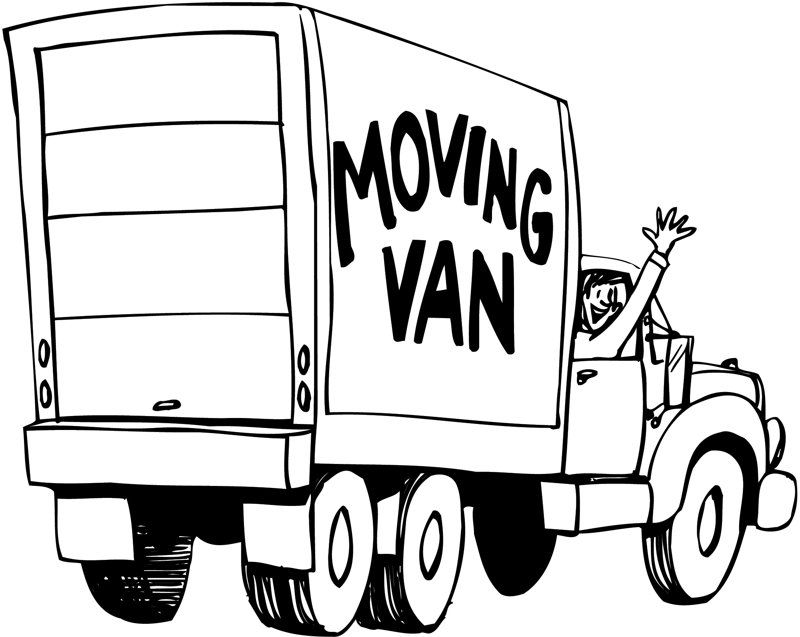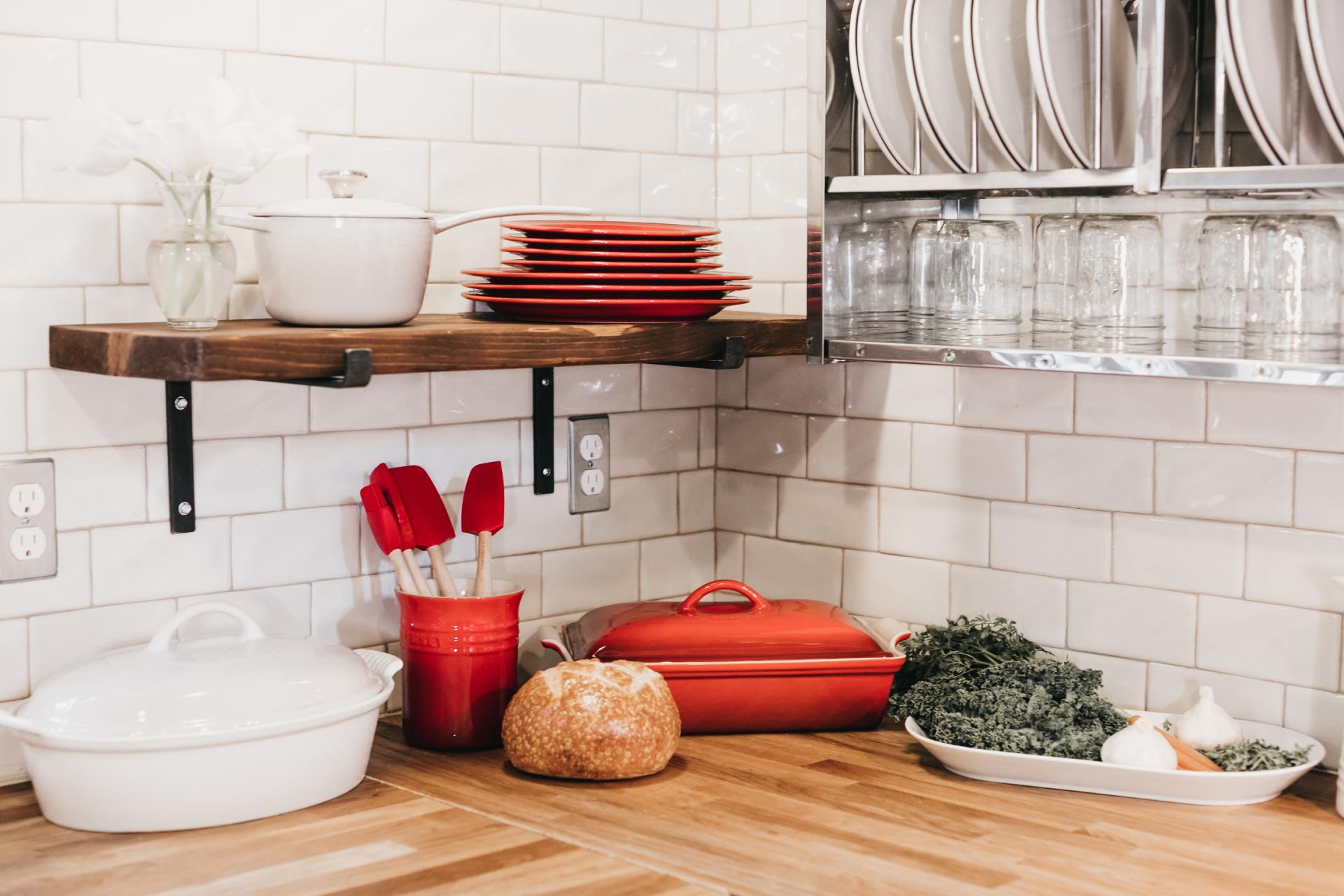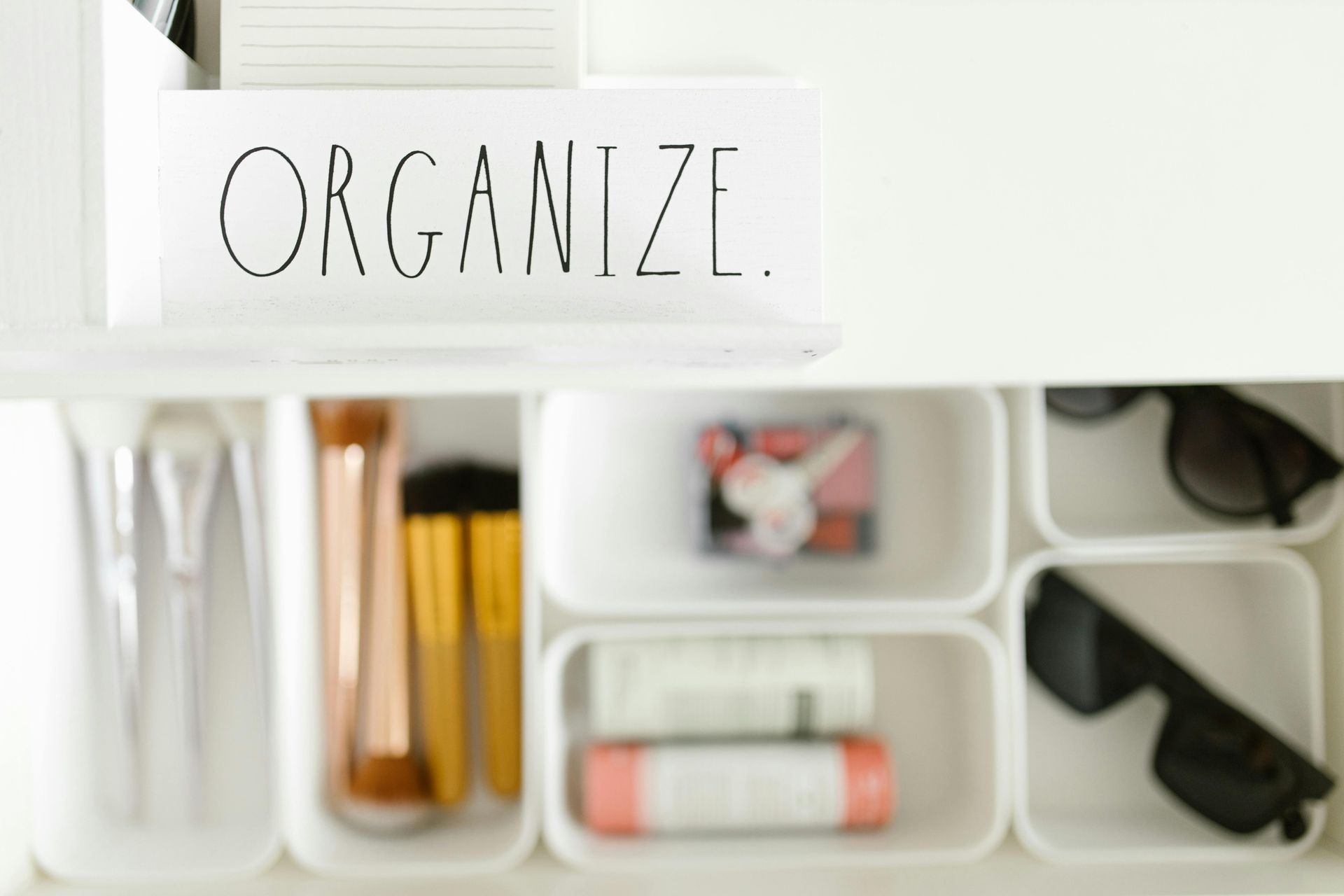Blog Post
Thousand Hills Realty

Many food scraps and other trashes are often tossed down the kitchen sink to let the garbage disposal do its magic trick.
Many people have done this frequently over time – typically without giving it a second thought that someday the drain will clog. Those little neglects could eventually cost you big. When you abuse your home’s plumbing system and allow junk to come into contact with it, ultimately these actions will lead to a clogged drain.
It’s easy to protect your home’s plumbing system against clogs and corrosion by being aware of what goes down the drain and acting quickly when you start to notice a problem. Giving more time and attention to your home’s drains may save you a significant amount of money down the road. To start doing this, you may need to change your habits and be mindful of the things that shouldn’t be put down the drain.
Your drain and the plumbing system in your home are designed to process liquids. But, if you’re like most people, and have the habit of using drains to dispose of any number of household items, it’s going to catch up with you. To play it safe, know the things that you should not put down the drain.
Flushable Kitty Litter
Although kitty litter is described as “flushable,” it’s not an accurate description. Cat litter has been known to clog drains and can create significant problems for septic systems. Besides that, cat litter can pick up bacteria from your cat’s feces. This type of bacteria is resistant to chemicals such as chlorine that is typically used to treat water, which means it can eventually find its way into the water supply, where it can potentially pose a threat to others.
Coffee grounds
Do you know that coffee grounds can clog your kitchen sink? Most people think that coffee grounds are small enough that they won’t stick in your pipes, but that’s an incorrect perception. Plumbers repeatedly report that coffee grounds are one of the most likely sources of a clog in your kitchen pipes.
Eggshells
Eggshells may seem like they are harmless, but when they have been put down the drain, the garbage disposal grinds them up into small bits, and then they get stuck in grease, fat and other oily substances. Once they are mixed, they can create a thick mess that can easily clog your pipes. It’s better to dispose of your eggs shells in the trashcan.
Grease, fat, and oils
These three substances seem to be the inseparable trio of kitchen plumbing woes. These substances act as a glue for all sorts of waste products and create thick, sticky globs that can coat pipes until nothing can pass through them. These substances account for more than 47 percent of all sewer overflows that happen in the U.S. each year. So, when you’re disposing of bacon grease, meat fat, and other substances like these, the best thing to do is to place them into a jar or can to allow them to cool and then put them in your trash.
Produce Stickers
Small stickers that seem to be harmless can cause significant problems inside your pipes. This little bit of adhesive can be enough to cause them to stick to the insides of the pipes. If they make it past your pipes, they can also get caught in wastewater treatment pipes and filters, causing problems with the equipment designed to treat water. If these things make it past both of these barriers, they can end up in the water supply.
Cotton Balls and Paper Towels
Paper towels and cotton balls are considered to be biodegradable, but that doesn’t mean they can be dissolved easily. These waste materials are designed to be absorbent, which makes them the perfect culprit to clog pipes. The next time you use them, throw them in the trash when you’re done.
Condoms
It should be self-explanatory not to flush your condoms. Condoms are made of rubber, which isn’t biodegradable and it can’t be dissolved in water. It will either get stuck in your plumbing or, if it somehow manages to get past your pipes, it will most likely end up floating around in the water supply somewhere, and no one wants to see that.
Household Fluids
Household cleaners should not be poured into your drainage system. While these household fluids don’t necessarily cause clogs in your pipes, they can be harmful when they are mixed into the water supply. If you’re washing them down the drain, they will make it into the water. Car fluids should also never be disposed of through your drainage system. Instead of using toxic household fluids, a beneficial solution is to switch to all-natural cleaners.
Feminine Hygiene Products
Just like condoms, feminine hygiene products should not also be put down the drain. Some companies claim that flushing tampons is sanitary, but plumbers tend to disagree, especially if they have experience dealing with a toilet which has been clogged by a tampon.
Feminine products don’t dissolve in the water, which means that they always have the potential to get stuck. And, if they make it through your household pipes without incident, they can cause problems when they make it into septic systems and wastewater treatment facilities. As a general rule, all feminine hygiene products should be carefully wrapped and placed into a trash can.
Paint
This last topic on the list is one of the most severe issues that need to be addressed. Washing paint down the drain can cause a significant problem. Most localities have rules and regulations that paints should be disposed of at a hazardous waste facility.
When it comes to identifying a problem with your plumbing, you’ll first notice that water is draining slower than usual. If you leave it alone, it will eventually stop draining, and that will indicate that the clog has gotten worse and blocked a portion of your drainage system.
Show More




